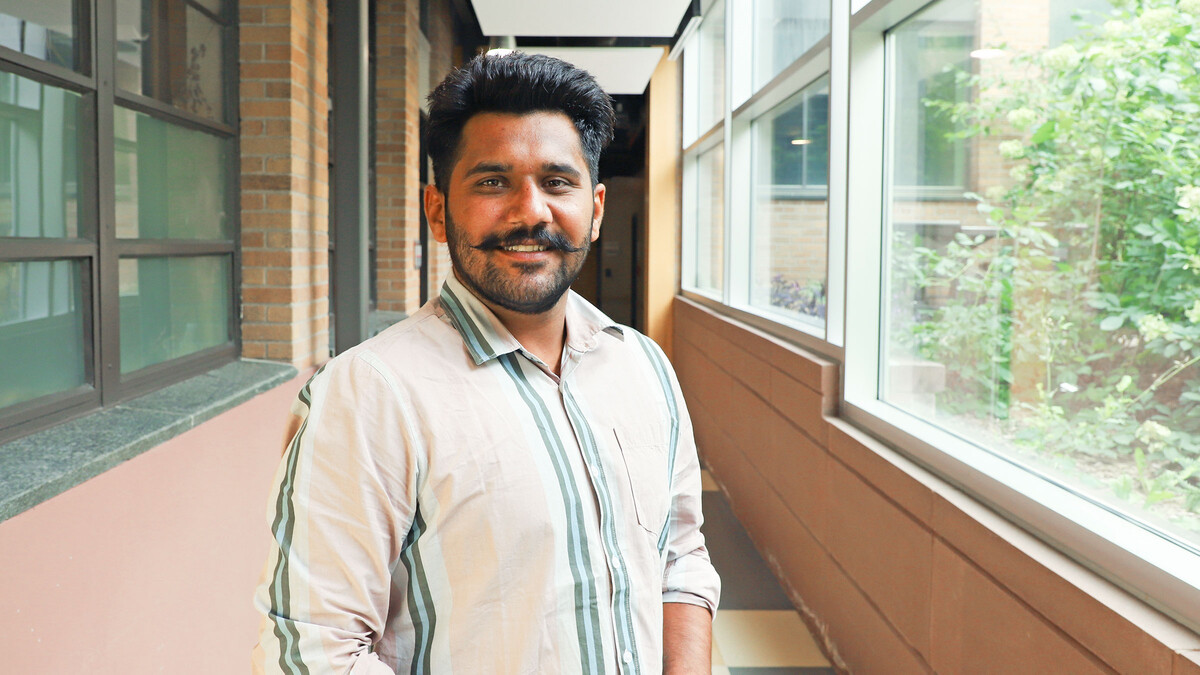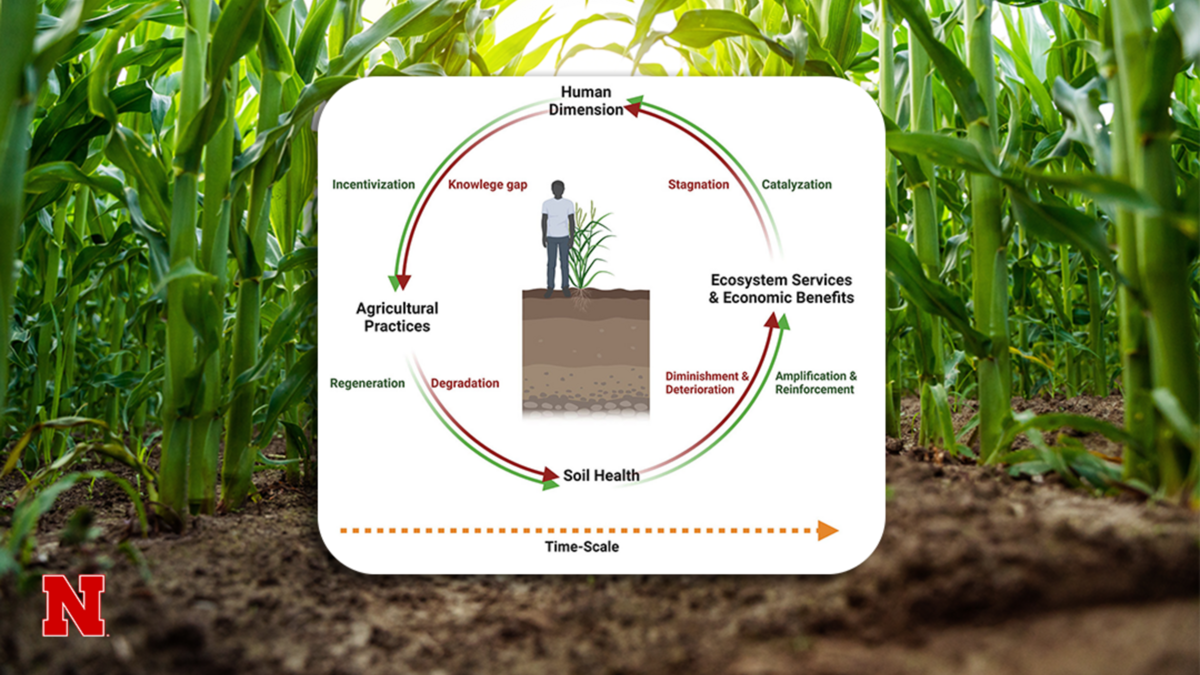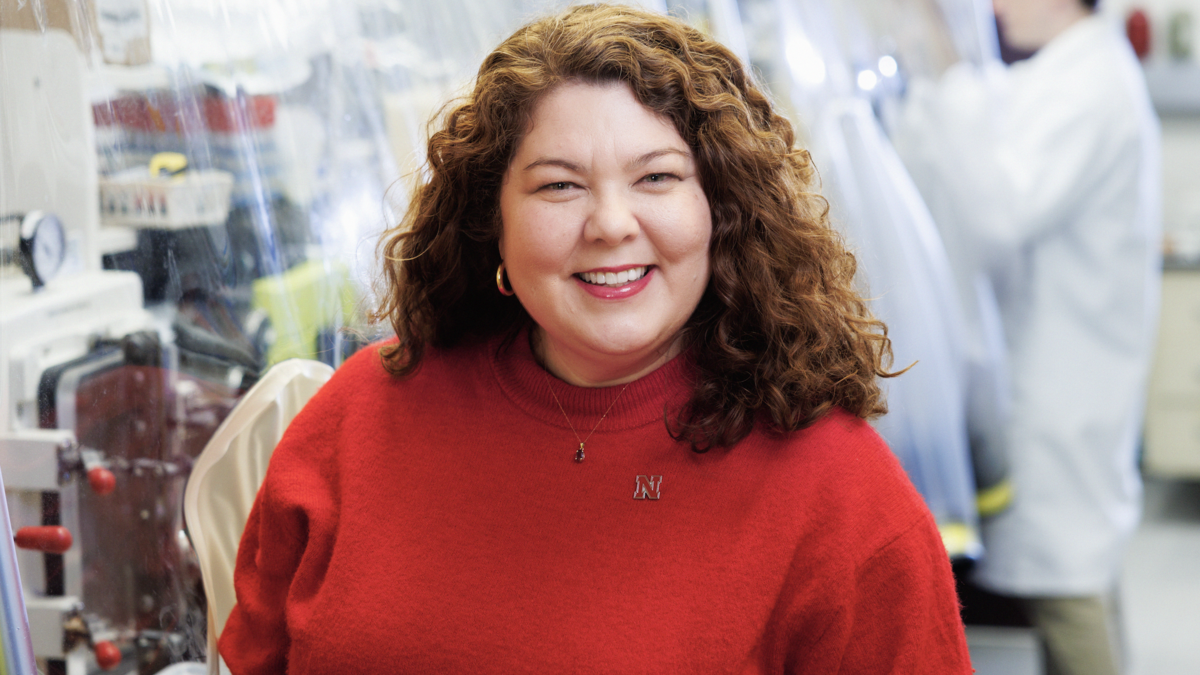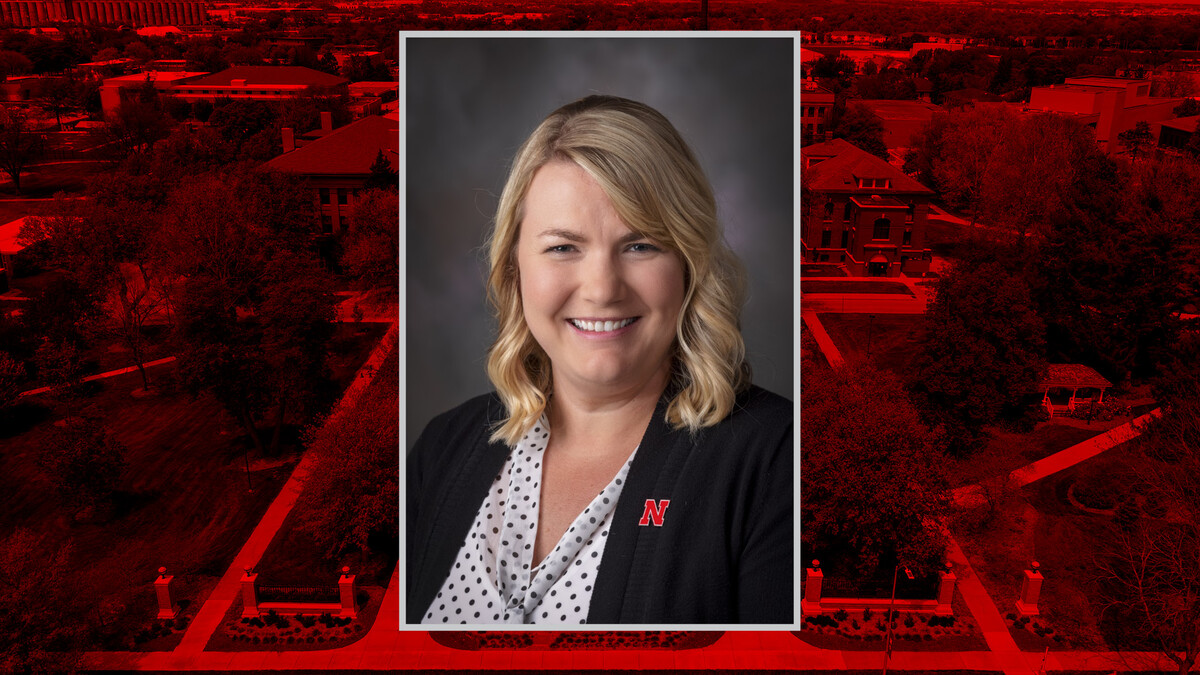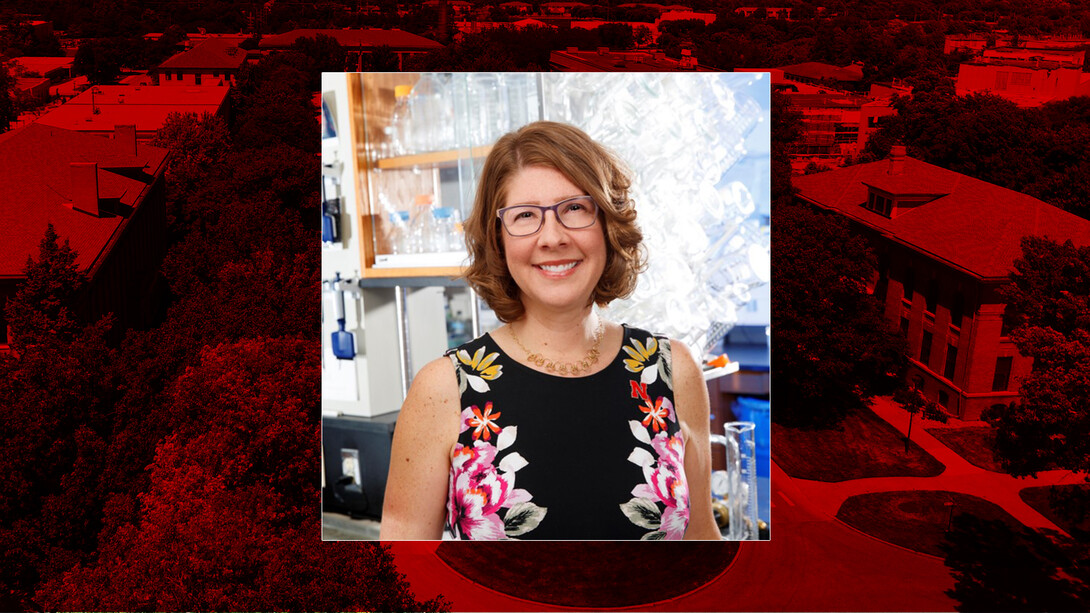
Lincoln, Neb. —Angie Pannier’s love of science and math propelled her into a career in engineering.
Pannier’s research focuses on non-viral gene delivery, tissue engineering and cell material interactions, and she works on both medical application and agricultural solutions. She collaborates with researchers from around the world, including with scientists at the U.S. Meat Animal Research Center, in a project that uses tissue engineering to grow pig embryos to understand how to increase pork production litter size.
It is exciting for Pannier to use tissue engineering, a process originally developed to address needs for organs for transplantation, to grow pig embryos to better understand pig reproduction. After attending an agricultural conference and visiting with a pig reproductive biologist, Pannier decided to implement the idea in the lab setting.
“I think for me I did that because I love science and I love thinking about new problems, and that problem was presented to me, so I said, ‘Let’s go try it’,” Pannier said.
Pannier takes research from her lab and applies those research topics to the classroom. While a large portion of her job is in the lab with her students, helping a graduate student with a project or learning something new, you can also find her in the classroom. She strives to embody the tri-part mission of the University of Nebraska-Lincoln of teaching, research and service.
Pannier’s dedicated teaching and innovative research performance led to the award of the Maxcy Professor of Agriculture and Natural Resources. This professorship, named in honor of Burt Maxcy, former food science and technology faculty member, awards individuals based on teaching and research ability, accomplishments and academic promise.
Pannier strives to excel in research, teaching and leadership. Her successful research program is clear, given her grant funding, publications, outstanding students graduated and national and international honors. Pannier is also deeply dedicated to teaching and constantly works to improve her pedagogy and teaching techniques. Additionally, she is the first Nebraskan recipient of the Presidential Early Career Award for Scientist and Engineers from the U.S. White House Office of Science and Technology Policy, which is the highest honor bestowed by the U.S. government on outstanding scientists and engineers beginning their independent careers. This award is intended to recognize some of the finest scientists and engineers who show exceptional potential for leadership at the frontiers of scientific knowledge.
“For me, as a working mom with an academic career as a faculty member, it’s a 24-hour job, I never stop being who I am and I love it! My lab has produced nearly 60 students who are all around the world, and I consider all of those individuals part of my family,” Pannier said.
Pannier feels the opportunity to grow the Biological Systems Engineering Department and her students have created the largest impacts during her career. Hired as the second biomedical engineering professor, she was tasked with expanding research infrastructure and growing student enrollment within the biomedical engineering emphasis area of her department. Pannier believes the way her students teach and challenge her helps her grow, too. Seeing students succeed and achieve at high levels inspires and drives Pannier.
“I think one way to describe being a faculty member is that you learn so much more than you thought you would ever learn…this life-long learning and helping to grow programs and people have impacted me in the most amazing ways,” Pannier said.


